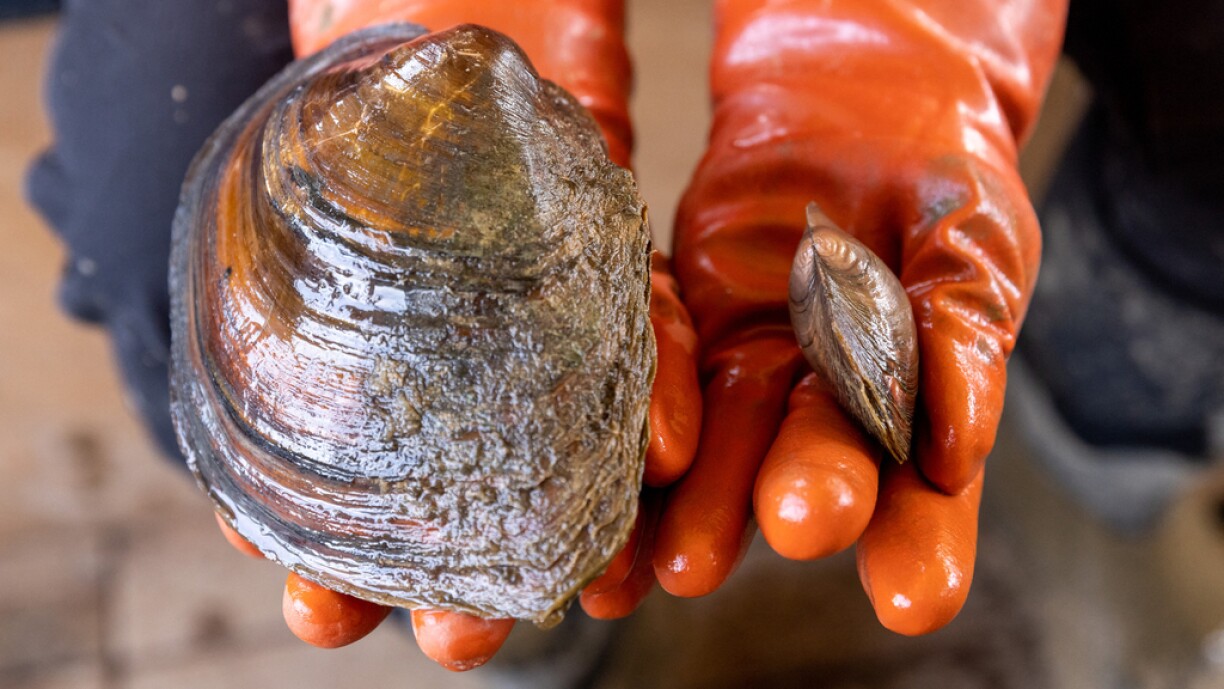
Clean-up work has begun on the first of three ponds in Kockelscheuer. By the end of 2026, the Brakeweier, located just by the car park near the ice rink, is set to be completely drained, cleaned, and refilled with fresh water.
Over the years, large amounts of mud and organic material have built up in the pond due to human activity, animals, and plant matter. Currently, around 500 cubic metres of water are being pumped out each day – roughly one-fifth the volume of an Olympic-sized swimming pool.
According to Yann Thill, head of the municipal parks department, the pond will be fully emptied after the summer holiday shutdown. Once that is completed, they will begin removing the sediment, which will be temporarily stored next to the pond to dry before being taken to a landfill.
The water from the pond, which is also used to de-ice the nearby skating rink, is home to an estimated five tonnes of fish. This came as a surprise, given the poor condition of the pond and the fact that summer water temperatures can exceed 26°C.
Aquatic ecologist Peter Rudolf described the pond as an ecological disaster. He noted that the water quality is extremely poor, with excessive algae and nutrient levels due to thick sediment. Visibility in the water is very low – barely a centimetre, he explained.
Such conditions are ideal for silver carp. However, it appears that when these fish were introduced, they brought with them – most likely via their gills – the larvae of the Chinese pond mussel, an aggressive invasive species that can grow up to 30 centimetres.
Rudolf pointed out that this is the only known instance of the mussel being detected in Luxembourg so far, and great care must be taken to avoid its further spread. Once established in a large water system, he said, the species can spread rapidly and often outcompetes native wildlife, disrupting entire ecosystems.
Over the next three months, as the pond continues to empty, Rudolf will use nets to remove the fish, mussels, and crayfish in phases. Local species will be temporarily relocated to other ponds, while invasive species will be exterminated.
Thill explained that this is a pilot project that will help the city understand how the process works in practice. The aim is to identify challenges and learn from them, before moving on to the next ponds in the following phases.
The entire operation must be carried out with care to avoid contaminating other bodies of water.